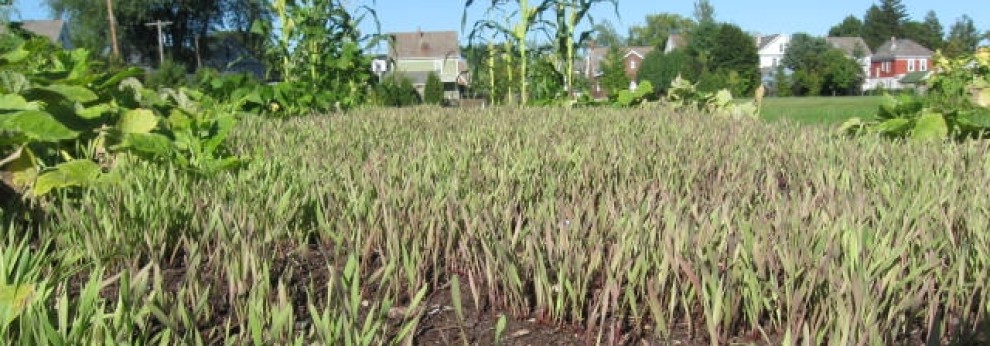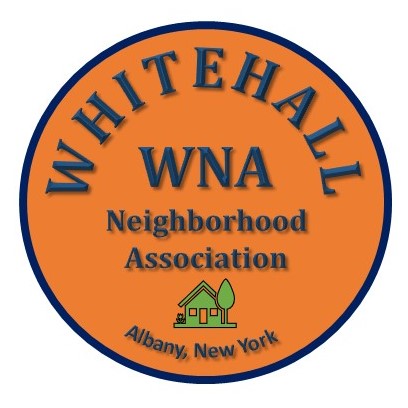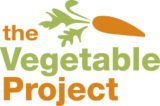 Contributing to the Vegetable Project is as easy as buying High Mowing Organic Seeds from us from now until Tuesday, March 20.
Contributing to the Vegetable Project is as easy as buying High Mowing Organic Seeds from us from now until Tuesday, March 20.
You can view our offering and place orders online, through farmraiser.com, which supports fundraisers built around healthy eating and local products.
Or if you would rather do business on paper, maybe so you can invite friends and family to go in on an order with you, that’s okay, too. Please click here for a printable brochure describing what we are offering. And then print an order form. Please get orders to us, with cash or a check, by Friday, March 16, so we can complete necessary handling.
Either way, the Vegetable Project receives half of all sales in our eighth annual seed sale fundraiser. You will have your seeds in time for the coming season’s planting. And you will be supporting our four-season growing and our work to create hands-on teaching and learning opportunities in Albany schools, by providing us with funds for supplies, tools and equipment.
And rather donate the full cost of seeds or more? That’s okay, too. Just click on the Donate button at our web site to make an online contribution.
High Mowing’s seeds are organic and free of genetically modified organisms, which we think is important. And based in Vermont, many of its seeds were raised in the Northeast, meaning they’re especially suited to thrive in the kind of conditions that have.
The Vegetable Project reaches out especially to kids with the greatest needs. These are kids in Albany schools who are challenging and disruptive, who do not respond well to admonitions like “sit still in your chair” and “look up at the board.” We garden, prepare tasty dishes with what we grow and teach about scientific method. But most of all we engage kids. Working at two Albany schools so far, we have four programs: a year-round after-school Garden Club at Stephen and Harriet Myers Middle School, development and assistance with plant-related classroom activities and curriculum at both Myers Middle School and Albany High School, a paid garden assistant internship mentoring program for at-risk students at Albany High and a work site for a city summer jobs program that gives high school-age students a first exposure to employment.
In addition, we are building development plans for an outdoor classroom at our middle school home, with a greenhouse, a shaded sitting area, a fruit tree orchard and naturalized space where science classes would conduct meaningful scientific investigations. The completed space should be as irresistible to art or history teachers as it is to science teachers, thus increasing kids’ time outdoors in fresh air and amid greenery, which research shows supports wide ranging healthy outcomes.
Happy gardening. And please help us spread word about this great offer.
–Bill Stoneman









 rowing healthy children. Working in schools where academic outcomes are often discouraging, we suspect that healthy, nurturing relationships with adults and educators can make a positive difference.
rowing healthy children. Working in schools where academic outcomes are often discouraging, we suspect that healthy, nurturing relationships with adults and educators can make a positive difference.


